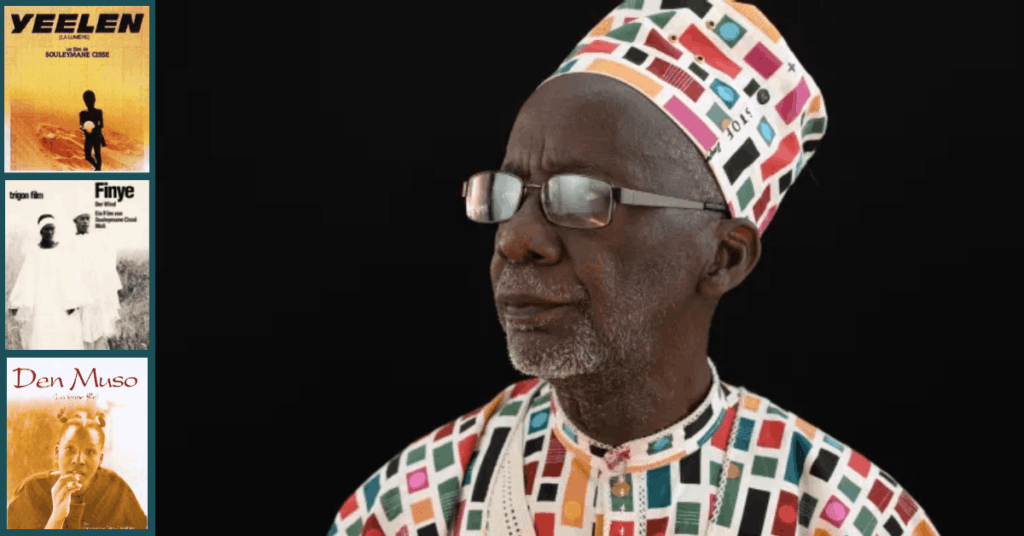Malian filmmaker Souleymane Cissé, a pioneering force in African cinema, has passed away at the age of 84. His passing marks the end of an era for African cinema, but his legacy remains deeply embedded in the cinematic history of the continent. A visionary storyteller, Cissé’s films not only explored African identity but also tackled pressing social and political issues, making him a celebrated figure in global cinema.
A Trailblazer in African Cinema
Born in Bamako in 1940, Cissé spent part of his early years in Senegal before studying at the Gerasimov Institute of Cinematography in Moscow. His formal training in the Soviet Union made him part of Africa’s first generation of filmmakers, and he returned to Mali determined to use cinema as a medium for change.
His first feature film, Den Muso (The Young Girl) (1975), broke new ground by addressing gender inequality and the struggles of women in Malian society. However, the film was banned in Mali, and Souleymane Cissé was briefly jailed for accepting French funding. Despite this, he remained undeterred. While in prison, he wrote the screenplay for Baara (Work) (1978), a film that examined class struggle and labor exploitation, solidifying his reputation as a politically engaged filmmaker.
Souleymane Cissé’s cinematic breakthrough came with Yeelen (The Light) (1987), a visually stunning and deeply philosophical film rooted in Malian traditions and mythology. The film won the Jury Prize at the Cannes Film Festival, making him the first Black African filmmaker to win a major feature film prize at the festival.
Legacy of Souleymane Cissé
Throughout his career, Cissé was an outspoken advocate for African cinema. He consistently called for greater independence in filmmaking, urging African filmmakers to reduce reliance on European funding. He also emphasized the need for African governments to invest in local film industries and criticized the censorship that often stifled creative expression.
His influence extended beyond his films—he was the founding president of the Union of West African Film and Audiovisual Entrepreneurs, where he worked to improve infrastructure for African cinema. In 2023, Cannes honored him with the prestigious Carrosse d’Or award, recognizing his lifelong contributions to the art of filmmaking.
His Final Words and Everlasting Impact
At the time of his passing, Souleymane Cissé was preparing to travel to Burkina Faso to chair the jury at the 29th edition of the Pan-African Film Festival (FESPACO). Just hours before his death, he urged Mali’s authorities to support the local film industry, emphasizing the urgent need for theaters to make African films more visible.
Tributes have poured in from across the world, with Mali’s cultural community mourning the loss of a cinematic giant. Mali’s Culture Minister, Mamou Daffé, described Cissé as a “monument of African cinema,” while fellow Malian filmmaker Boubacar Sidibé expressed sorrow over the loss of a visionary artist.
Souleymane Cissé’s films, which remain landmarks of African cinema, continue to serve as powerful reflections of the continent’s history, struggles, and resilience. As the African film industry evolves, his contributions will serve as a guiding light, inspiring future generations to tell their own stories with authenticity and boldness.
Related Articles:

























